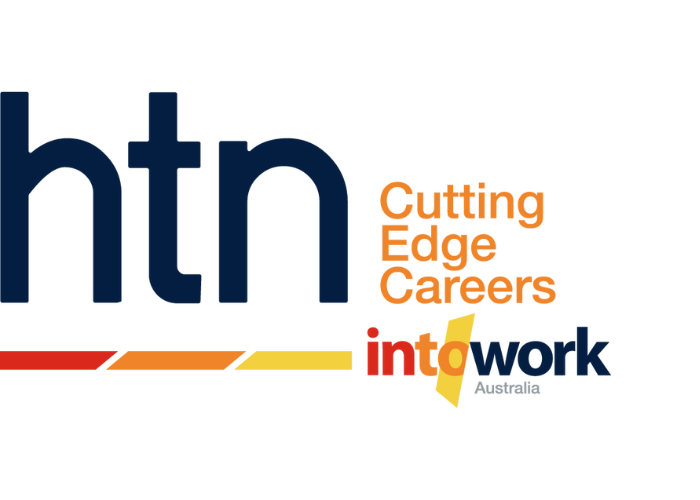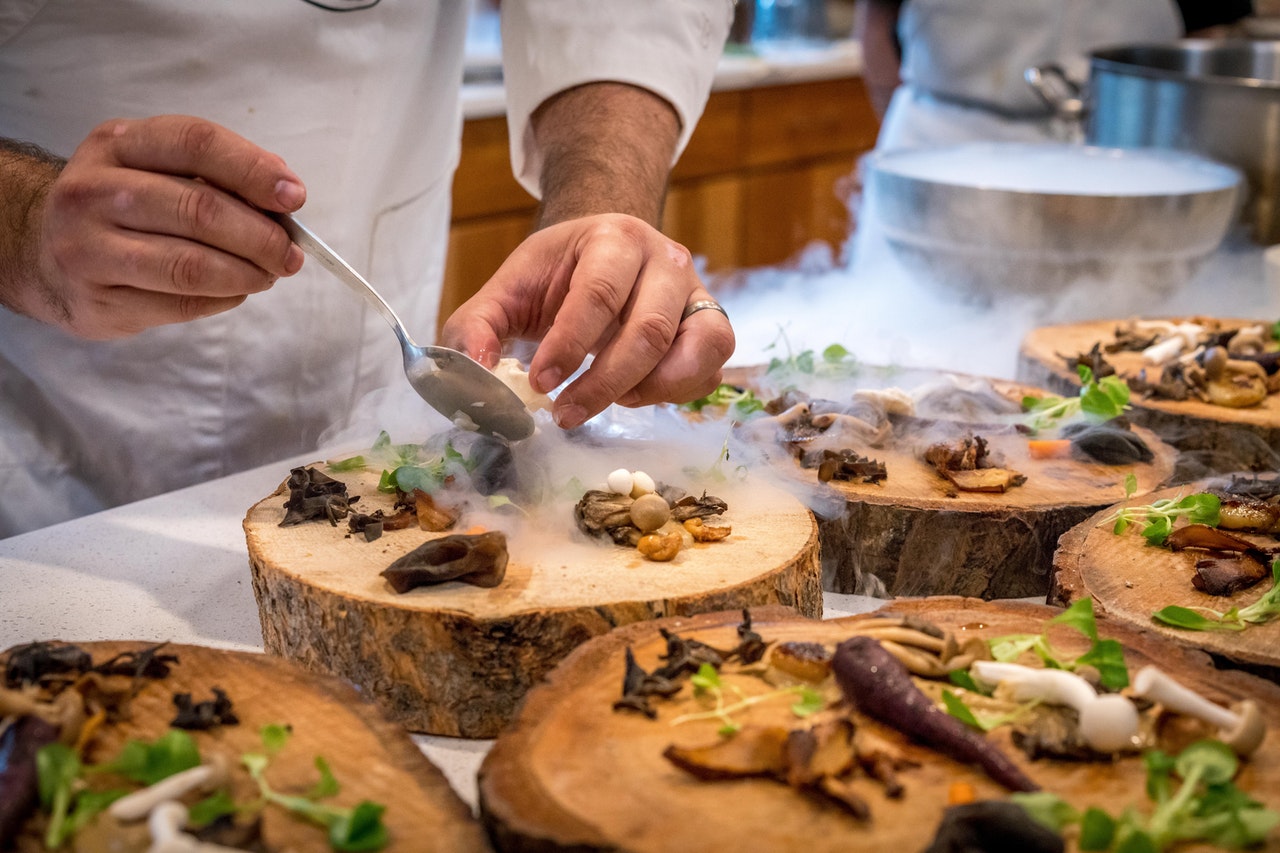What do employers want, beyond prepping, cooking and organising production? Here’s a bunch of 2020 skills that set you apart from most cooks and chefs – what do you need to improve?
Upgrade your digital skills. You know all about mobile phone, but what about spreadsheets for costing recipes, checking menu profits and organising the stocktake? Learn how to read reports from a POS system, and be ready to take good photographs for marketing and training. Start to use online rostering, and maybe you’ll be one of the first chefs to use digital order screens in the kitchen?
Learn to use the latest control systems. Combi-ovens, refrigeration, power consumption – more and more equipment can be managed remotely. They all have sophisticated electronic controls, and many are now connected to a PC or app. A lot chefs avoid this – you can be the smart operator.
Learn how a business works. Learn how to understand a Profit & Loss Statement, and what parts of it are influenced by the kitchen. If you’re given a food cost budget, make sure it’s explained to you, and ask for the food cost percentages to be prepared weekly.
Learn about modern menu marketing. A clever menu not only looks and tastes good, but also maximises profitability through layout and pricing. Menus may also need to work for takeaway, online delivery services, on a digital display and an order kiosk. If you cater for tourists, add good photos to the menu essentials.
Take a positive approach to healthy menus. Food that doesn’t rely on huge amounts of sugar, fat and salt, and a ‘no problem’ approach to allergies. As the world gets fatter and less healthy, many people ask for better options.
Become a food safety expert. Food safety plans, HACCP and tighter Workplace Health & Safety rules are all part of a modern kitchen. Build up your skills with extra short courses, and learn about temperature control systems. You may even want to become a Food Safety Auditor for a future career move.
Understand how to reduce utility costs. Implement energy and water saving measures to reduce costs eg: equipment washing, use of chemicals, use of hot water, use of ventilation etc. A practical ‘green’ approach makes a big difference to the bottom line.
Develop modern people skills. Build your experience with teamwork, personality types, anger-management, negotiation, delegation and effective meetings. Modern kitchens are like the United Nations, and you need the ability to work with everyone: Irish, Filipino or Italian, younger or older, gay or straight, male and female. You are a modern hero when you take the diversity that’s available and use it to create a high-performing team.
Learn how to talk to the boss. Sometimes called ‘managing upwards’. Work out the best way to make your case with senior management when you need more equipment, staff changes, different work hours or even a raise. Make an appointment, prepare some written notes, be ready to talk about the financial side and sell the ‘benefits’ of your request.
By Ken Burgin, www.SilverChef.com.au

